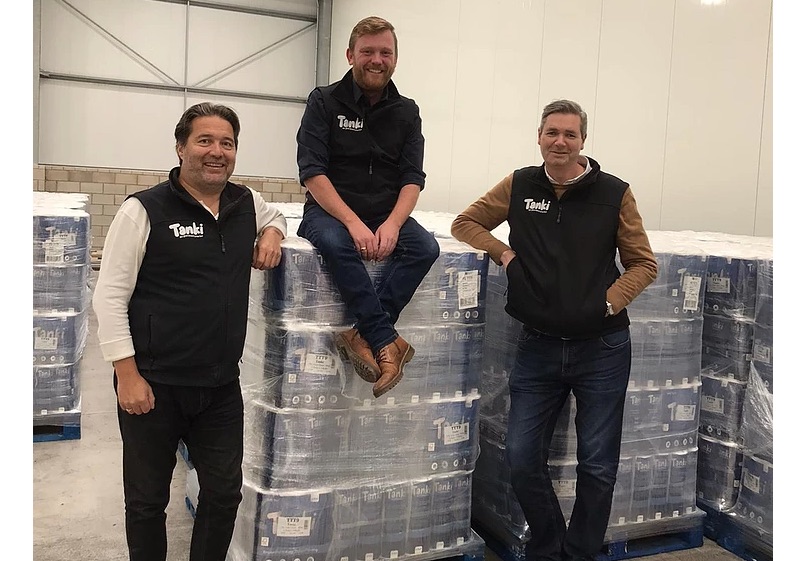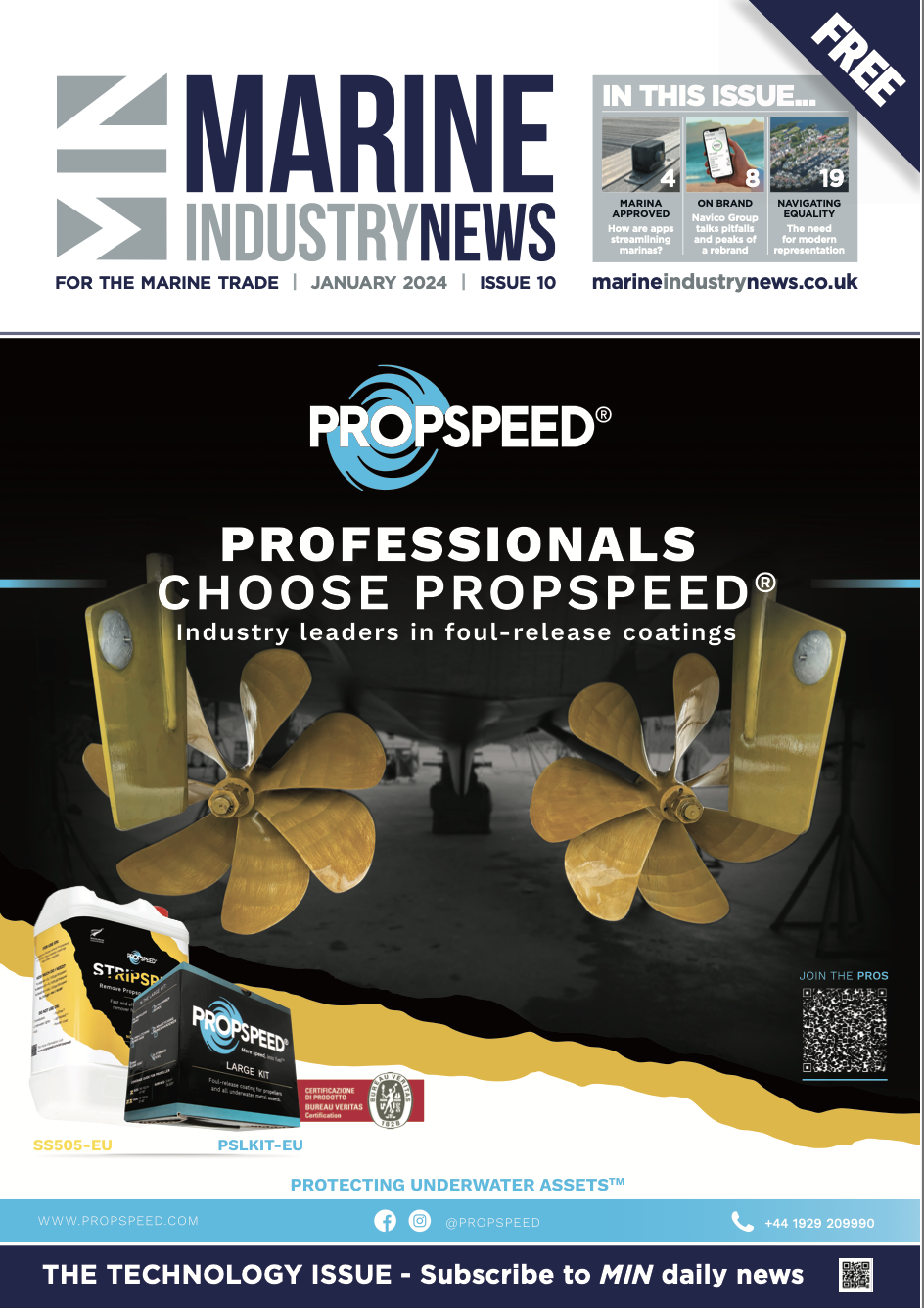Tanki produces sustainable loo paper to help solve pollution

In support of global initiatives to reduce the amount of pollutants discharged to the marine environment, a UK start-up has developed a revolutionary sanitary paper that it says uses no adhesives or other nano-plastics in its manufacture.
Taking a more environmentally friendly approach to the emergent toilet tissue issue, Shrewsbury-based Tanki is able to supply a sustainably sourced and produced paper that does not congeal to clog up a vessel’s sewage treatment system or pollute the environment.
“It may come as a surprise that the humble loo roll contains a lot more than just two or three sheets of very thin, biodegradable paper,” says Matt O’Crowley, director. “Typically, every roll of two- or three-ply toilet paper contains 2.7g of lamination adhesive and softening agents that bond the sheets together.”
While these glues are water soluble, they contain nano-plastics and frequently contain polyvinyl acetates (PVA) and silicon which cannot be broken down if released into the marine environment. Another constituent is Bisphenol A, a carcinogen and endocrine blocker which is not permitted for maritime use.
“It is not currently practical to prohibit crews from flushing used paper down the toilet, in the same way that some countries and cities have done, but these glues and nano-plastics cannot be filtered out and treated effectively in a ship’s sewage treatment plant. Adhesives are the main cause of toilet tissue clogging up pipes, forming a slow-moving sludge, leading to blocked pipework and drains and damage to treatment systems,” says O’Crowley.
Tanki 2-Ply, the company says, uses virgin pulp, a by-product of timber grown for housing, from verified sustainable and actively managed sources. A patented binding system bonds the ply. Its supply chain and manufacturing facility is both BRC Grade A rated and recognised by the FSC.
Compliant with MARPOL Annex IV and V, the paper is indistinguishable from high street brands, the company says. Its unique composition allows the paper to completely disperse and disintegrate when submerged in water. There is no risk of pollution or chemical contamination if effluent is discharged overboard.
Under MARPOL, the discharge of sewage is prohibited within 12 nautical miles unless a vessel operates an approved treatment plant. Treated sewage can then be discharged three nautical miles from the nearest land.
Tanki 2-Ply, introduced to the maritime market in September, is already being supplied to countries that prohibit the flushing of toilet paper into the municipal sewage network as well as homesteads that use septic tanks.
“Since market launch, we have received substantial industry support,” says O’Crowley, singling out chandler Mersey Ship Stores, in particular.
“MSS gave us the confidence to bring the product to the maritime market and now stocks Tanki 2-Ply as part of its drive to eliminate plastics from ship chandlery.”
Capt. Steve Blair, managing director of Epic Marine, Tanki’s sales and distribution agent, says: “It contravenes MARPOL to discharge any plastic into the ocean, but unwittingly the industry is discharging nano-plastics and chemicals with each flush of the toilet. Tanki not only reduces shipping’s environmental footprint but can save shipowners time and money maintaining and repairing the onboard sanitation system.”
Tanki is already a finalist for three of this year’s Maritime UK Awards, including Innovation. The winner will be announced at a live event streamed from Plymouth, UK, on 12 November 2020 from 5pm.










